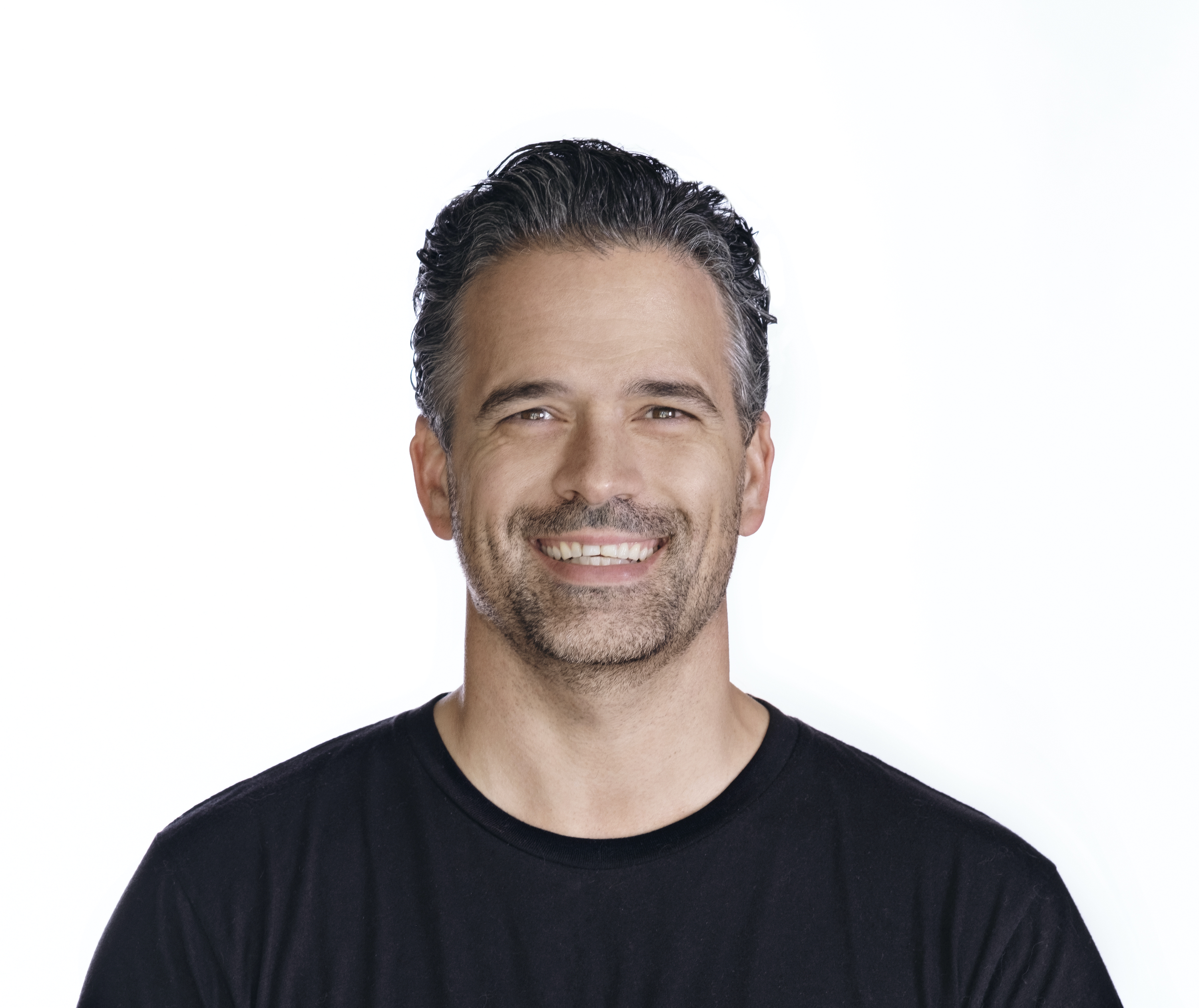How to Write a Nonfiction Book: A Practical Guide for Faith-Based Leaders

Jesse Wisnewski


Professional Development
I never set out to be a writer. In fact, I failed English in high school. In college, I had to take remedial English. In seminary, I had to take a writing course because my GRE writing score wasn’t high enough.
So when I felt the pull to write, I knew I was starting from behind.
But by God’s grace, I kept going. Over time, I learned how to write clearly. I’ve published two nonfiction books, worked in the publishing industry (including HarperCollins Christian Publishing), signed with a literary agent, and advised many first-time and bestselling authors. I’ve seen both the joy of finishing well and the frustration of getting stuck.
Here’s what I’ve learned: most leaders don’t write because they want fame or a platform. They write to serve. To clarify their message. To build up others. To steward what God has taught them through hardship and growth.
If you’re searching “how to write a nonfiction book,” chances are you’re not chasing attention. You’re chasing faithfulness. You want to share your story or lessons to equip others.
Writing a nonfiction book is a form of stewardship. It sharpens your thinking, serves your readers, and multiplies the impact of your leadership.
But let’s be honest: the blank page is intimidating. As C.S. Lewis once said, “You can make anything by writing.” Writing isn’t reserved for the naturally gifted. It’s something you grow into, one faithful sentence at a time.
Where do you start? How do you stay focused? How do you finish?
This guide will walk you through five key steps:
- Clarify Your Vision
- Prepare to Write
- Write the Draft
- Refine the Manuscript
- Finish Faithfully
Let's dig in.
1. Clarify Your Vision
Before you write a single sentence, you need a clear vision. Without it, your book will feel scattered and your reader will lose interest. Vision gives you direction.
Choose One Big Idea
Pick one main idea your entire book will unpack. For example, if your theme is “helping parents disciple their kids,” every chapter should reinforce and build on that core idea. Write it down in one sentence and keep it visible as you write.
Identify Your Target Reader
Imagine the exact person you want to help. What’s their age, stage of life, and spiritual background? What challenges are they facing? Write as if you’re speaking to that one person throughout your manuscript.
E.B. White put it well: “The best writing is rewriting. And the best rewriting is done for a specific reader.” Writing for a real person keeps your message focused and your tone warm.
Define the Promise
Ask yourself, “What transformation or takeaway will the reader have after finishing this book?” Examples might be:
- A clear plan to grow in spiritual discipline
- A new framework for leadership
- Encouragement in a hard season
Your reader should be able to summarize what they gained in a sentence.
Test Your Idea
Before committing to a full book, test your concept by sharing short versions through:
- Blog posts or newsletters
- Social media threads
- Teaching a class or sermon series
Watch for what sparks conversations or questions. Those are signs you’re onto something worth expanding.
Sketch a Simple Outline
List 8–12 chapter ideas under your main theme. Under each chapter, jot down the key stories, scriptures, or points you want to cover. Don’t aim for perfection. Aim for clarity.
Choose a Working Title
Pick a clear, functional title for now. It will remind you of your book’s focus as you write.
2. Prepare to Write
Preparation sets the stage for productive, focused writing.
Designate a Writing Space
Choose a consistent, quiet place. It could be a desk, library, or coffee shop corner. Keep it simple and distraction-free so that when you sit down, your brain knows it’s time to work.
Read for Depth and Breadth
To write well, you must read well. Read deeply in your subject so you can write with authority. Read widely in theology, biography, history, and literature to stretch your mind and voice.
Tim Keller often encouraged pastors and leaders to read dozens of books each year across genres. Deep reading forms deep thinkers, and your writing will reflect what you’ve taken in.
Gather Your Research
Use a simple system to organize your sources:
- Create a digital folder with subfolders for each chapter
- Use index cards or a notebook to jot quotes, stats, and ideas
- Keep a running list of books, articles, and interviews to cite later
Organizing early prevents chaos later.
Interview Others
Identify 3–5 people who can offer stories or expertise for your book. Prepare thoughtful questions. Record or take notes. These conversations add depth and real-world perspective.
Expect Resistance
You will face self-doubt and distraction. Commit to writing even when you don’t feel inspired. Madeleine L’Engle said, “Inspiration usually comes during work, rather than before it.” The key is to show up.
Use AI as a Support Tool
AI can help summarize research, generate structure ideas, or test readability. You can use it to brainstorm chapter titles, surface key questions, or clarify your message. Let it sharpen your thinking, not replace it.
Build Writing Rhythms
Decide when and how often you’ll write. For example:
- Two mornings a week before work
- 30 minutes each day after lunch
- Saturday mornings at the library
Attach writing to a consistent habit. Over time, those sessions add up to a finished book.
Dorothy Sayers said, “The Christian faith is the most exciting drama that ever staggered the imagination of man, and the dogma is the drama.” You’re not just preparing to write. You’re preparing to join that drama. Francis Schaeffer added, “The Christian is the one whose imagination should fly beyond the stars.” Let that vision fuel your preparation.
3. Write the Draft
This is where many people get stuck. Drafting is about getting your ideas on paper, not making them perfect.
Write First, Edit Later
Don’t stop to fix every sentence. Push forward. Anne Lamott said, “Almost all good writing begins with terrible first efforts. You need to start somewhere.” Ernest Hemingway agreed: “The first draft of anything is garbage.” Draft now. Refine later.
Set a Writing Goal
Pick a measurable, realistic goal. For example:
- 500 words per day
- One chapter per week
- Writing three times per week for 45 minutes
Track your progress in a simple spreadsheet or notebook.
Protect Your Writing Time
Treat writing time like a meeting. Turn off notifications. Tell others you’re unavailable. Protect that space.
Overcome Writer’s Block
When you feel stuck:
- Step away for 5–10 minutes and stretch
- Read a short passage of Scripture or a favorite book
- Pray and ask for help
Then return to your work. Break through resistance by writing the next small piece.
Track Your Progress
Seeing steady growth builds momentum. Record your word counts or chapters completed. Celebrate milestones.
4. Refine the Manuscript
Once the draft is complete, your job shifts to making the book stronger, clearer, and more engaging.
Revise in Rounds
Tackle revisions in stages:
- Big Picture: Check structure, chapter order, and overall flow.
- Paragraph and Sentence: Tighten language, transitions, and clarity.
- Proofreading: Fix grammar, typos, and formatting.
Working in layers keeps you from getting overwhelmed.
Read It Aloud
Reading aloud reveals clunky sentences and confusing sections. Mark places that need revision.
Get Feedback
Ask 3–5 trusted readers for honest input. Provide specific questions like:
- What parts were unclear?
- Where did you lose interest?
- What stories or ideas stuck with you?
- What questions do you still have?
Neil Gaiman’s advice is gold: “When people tell you something’s wrong or doesn’t work for them, they are almost always right. When they tell you exactly what they think is wrong and how to fix it, they are almost always wrong.” Listen closely, but own your message.
Use AI as a Content Editor
You can ask AI to find confusing sections, suggest smoother transitions, or identify repetitive paragraphs. Use its feedback selectively to sharpen your work.
Use Editing Tools
Tools like Grammarly or Hemingway can catch mechanical issues. Don’t let them override your theological or stylistic voice.
Hire a Professional Editor
If budget allows, invest in professional editing. Developmental editors help with structure and clarity. Copyeditors polish language and grammar.
Format for Ease
Use clear headings, consistent fonts, and plenty of white space. A well-formatted manuscript shows care for your reader.
Document Your Sources
Keep track of every quote and stat. Use footnotes or endnotes. Integrity builds credibility.
5. Finish Faithfully
Many writers lose steam at the end. Finishing well is about setting targets, staying disciplined, and trusting God with the results.
Set a Clear End Goal
Define what “done” means:
- A clean manuscript ready for editing
- A version to pitch to publishers
- A self-published book launch
Knowing the finish line keeps you focused.
Create a Final Stretch Plan
Break down the last stage into concrete tasks:
- Final read-through
- Edits based on feedback
- Gathering endorsements and front matter
- Lining up launch logistics
Assign deadlines to each task so you keep moving.
Guard Your Time
Protect your final writing sessions. Say no to extra projects. Block time on your calendar to finish well.
Stay Spiritually Grounded
Near the end, fatigue and self-reliance creep in. Keep praying for your readers and the impact of your words.
Flannery O’Connor said, “I write because I don’t know what I think until I read what I say.” Finishing your book is not just a task. It’s an act of stewardship.
Choose Your Publishing Path Wisely
- Traditional gives editorial support and distribution but takes longer and is selective.
- Self-publishing offers speed and control but requires marketing and production on your end.
- Hybrid blends elements of both.
Pick the option that aligns with your goals, timeline, and capacity.
Celebrate the Finish
Mark the moment. Thank God. Tell your family and friends. Finishing a book is a major accomplishment.
It’s Time to Begin
You don’t need to have it all figured out to start. You need clarity, courage, and consistency.
Maybe your next step is outlining chapters. Or blocking one hour this week to write. Or simply opening a blank document.
Book writing isn’t about being ready. It’s about being willing.
Start now. Clarify your message. Serve your reader. Honor God with your story.












